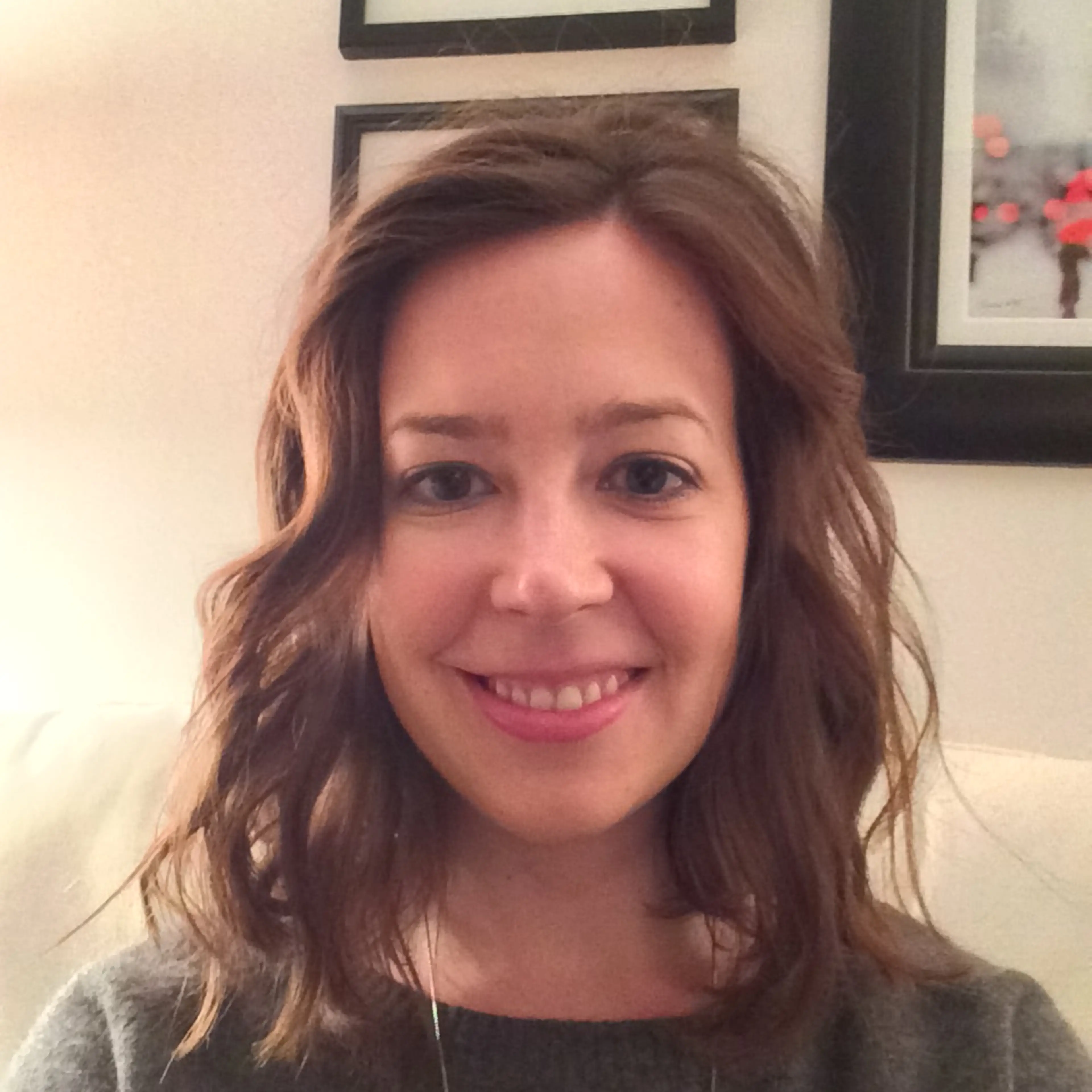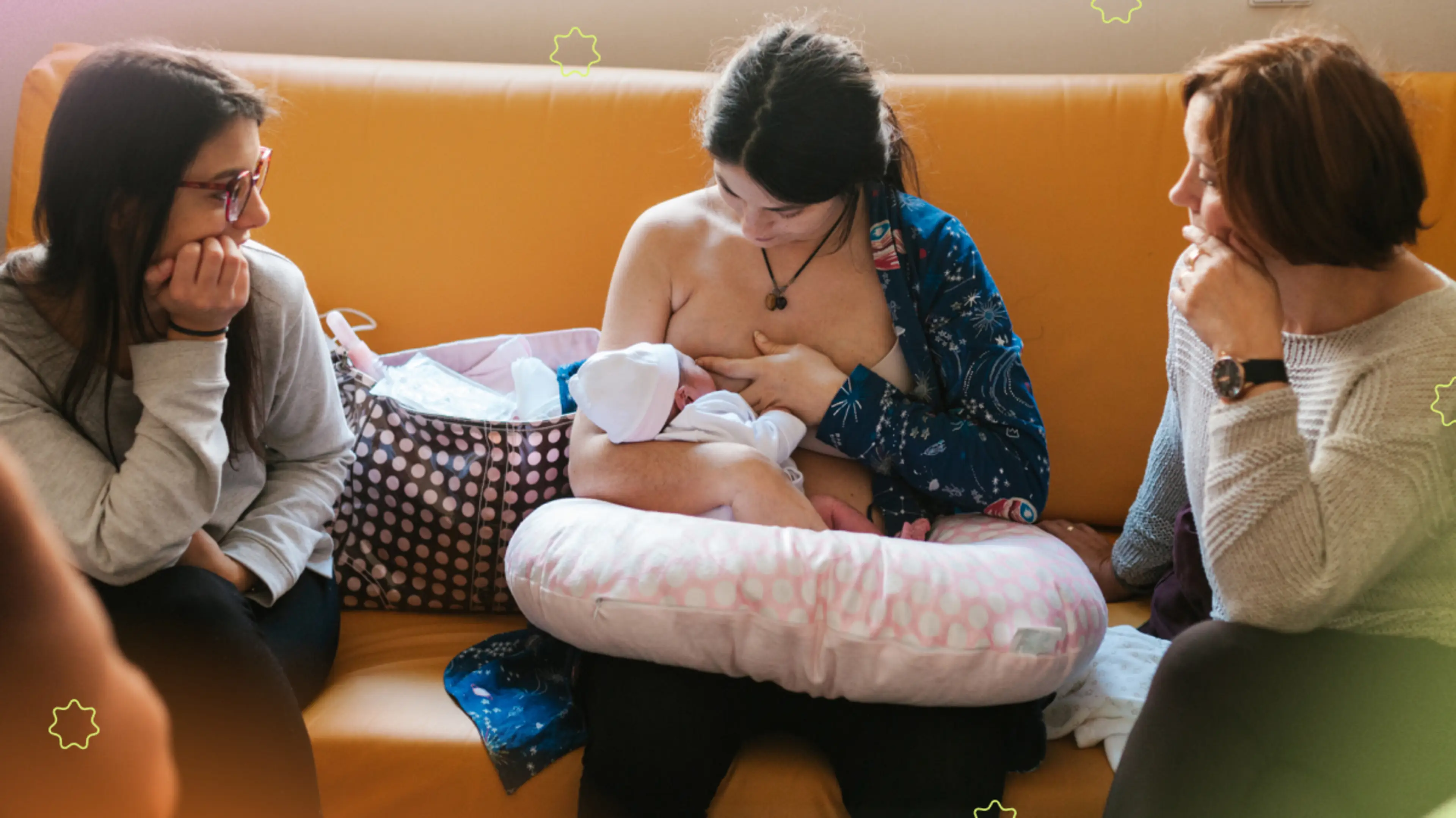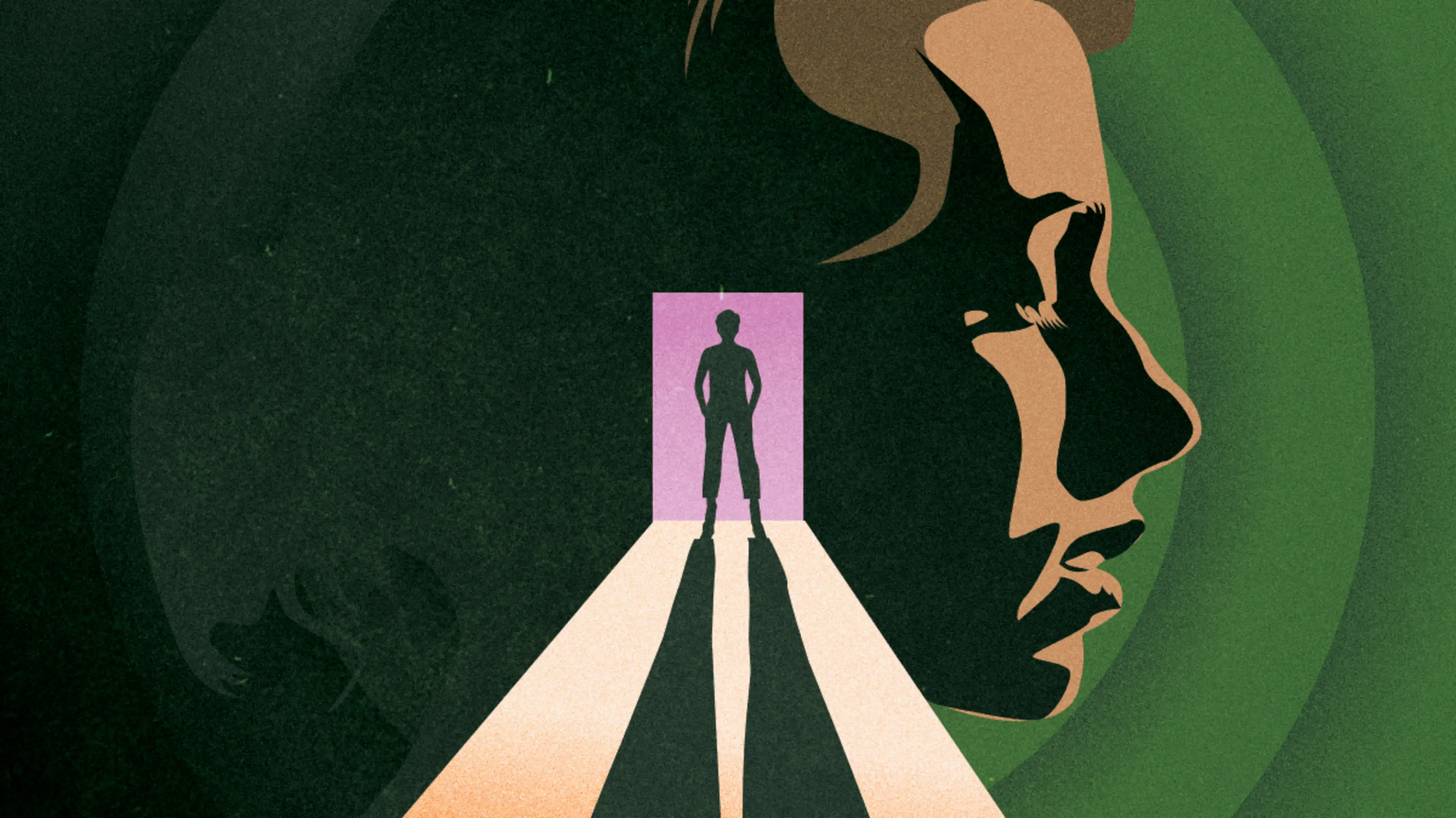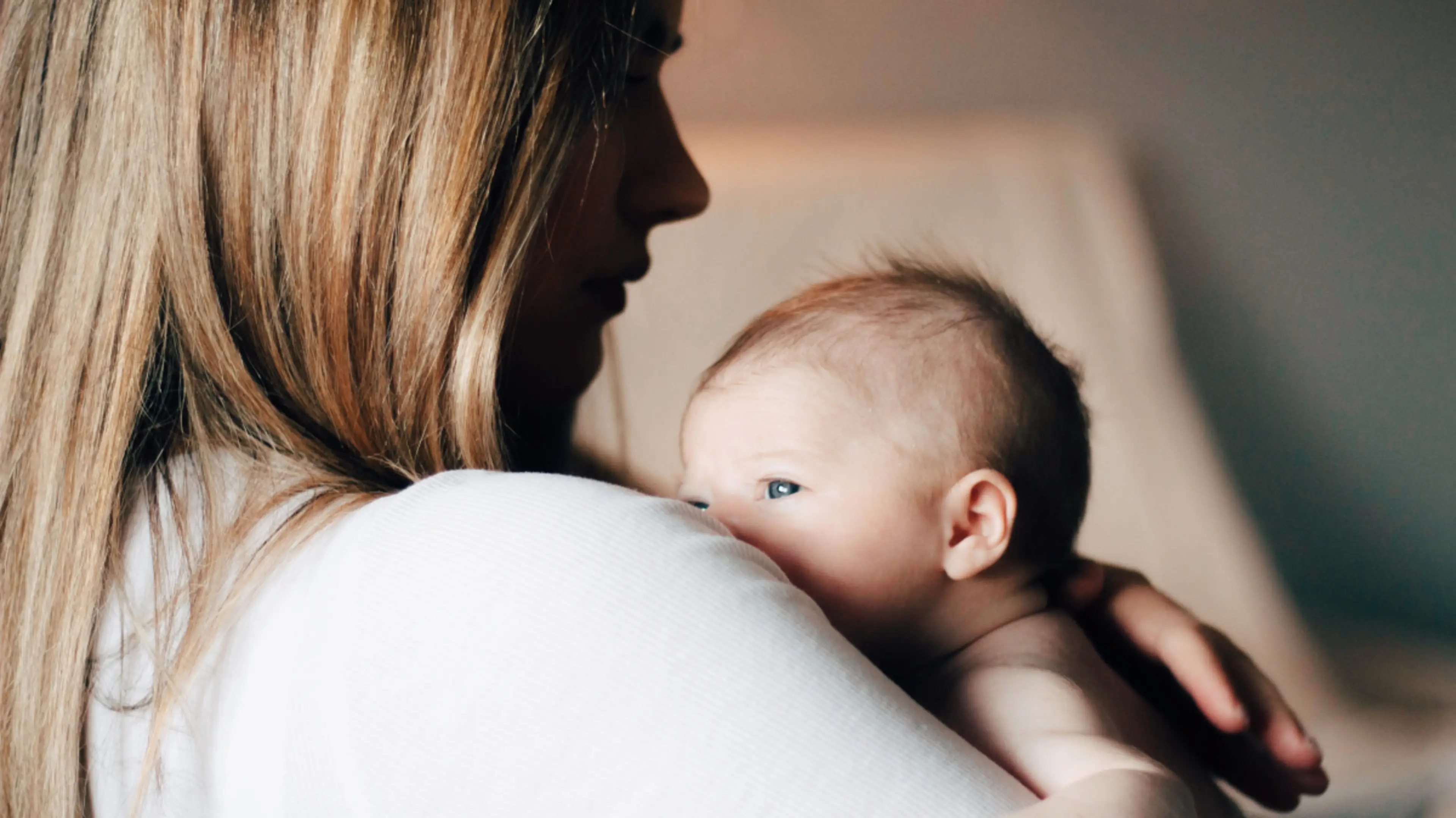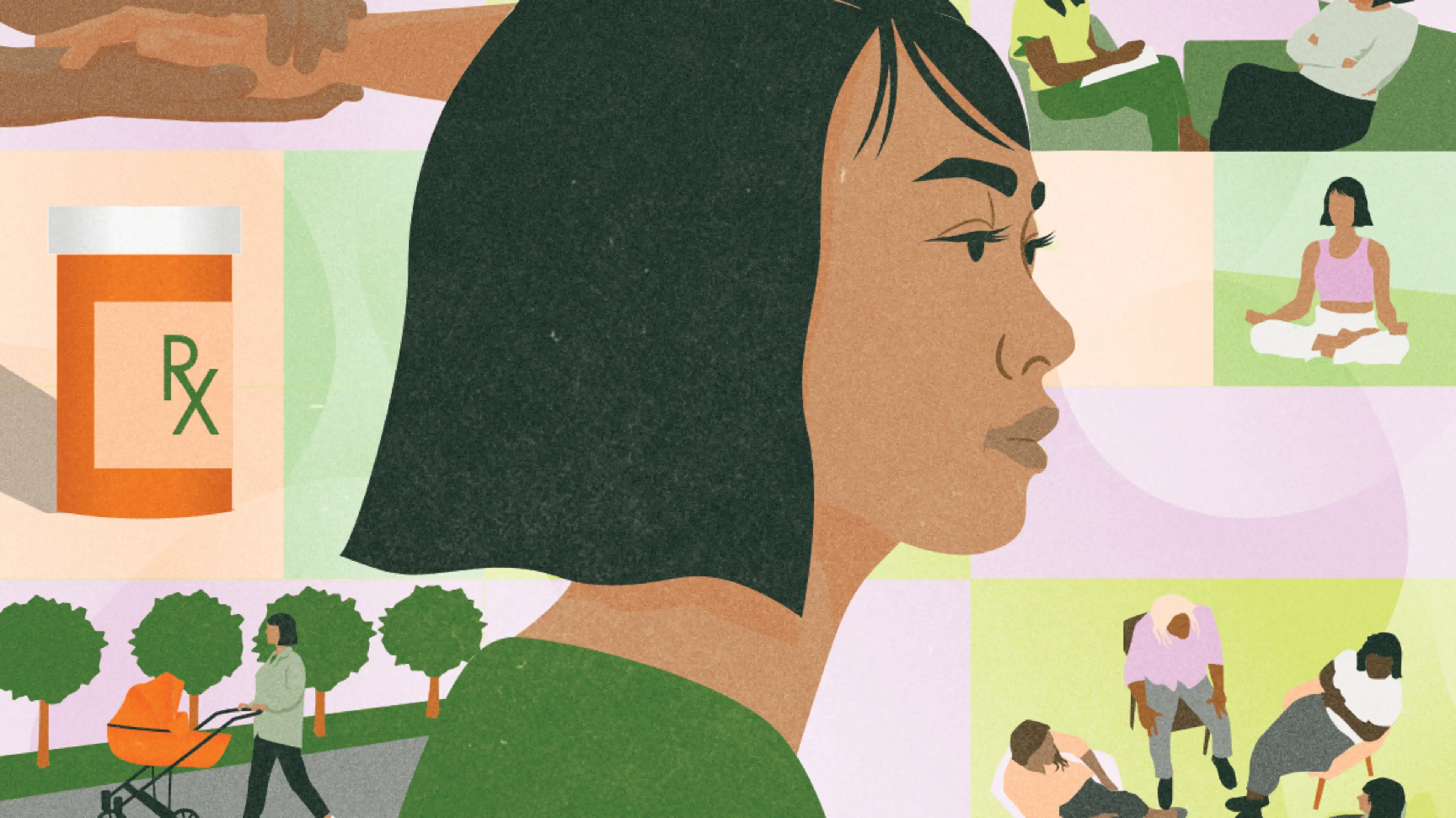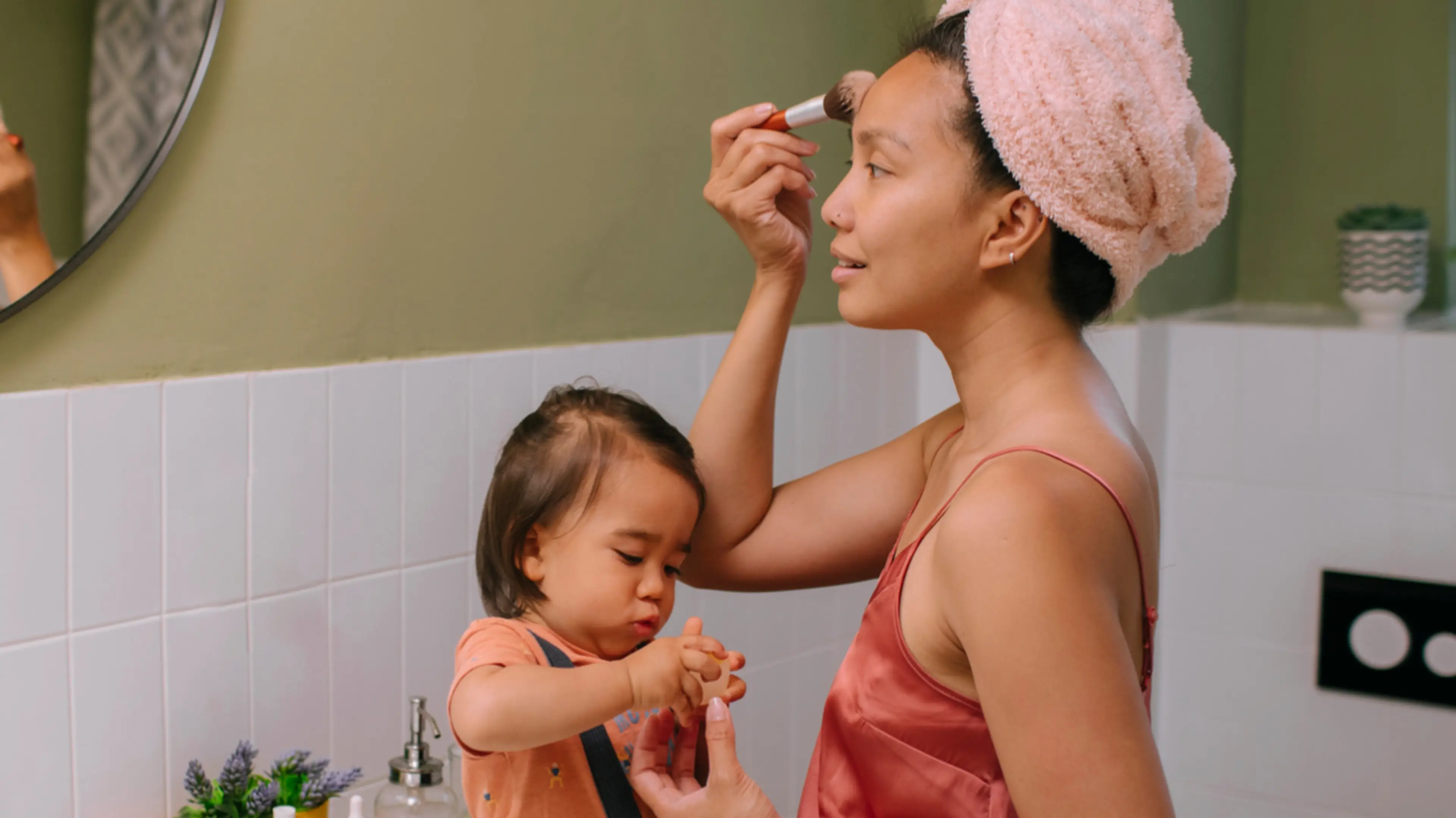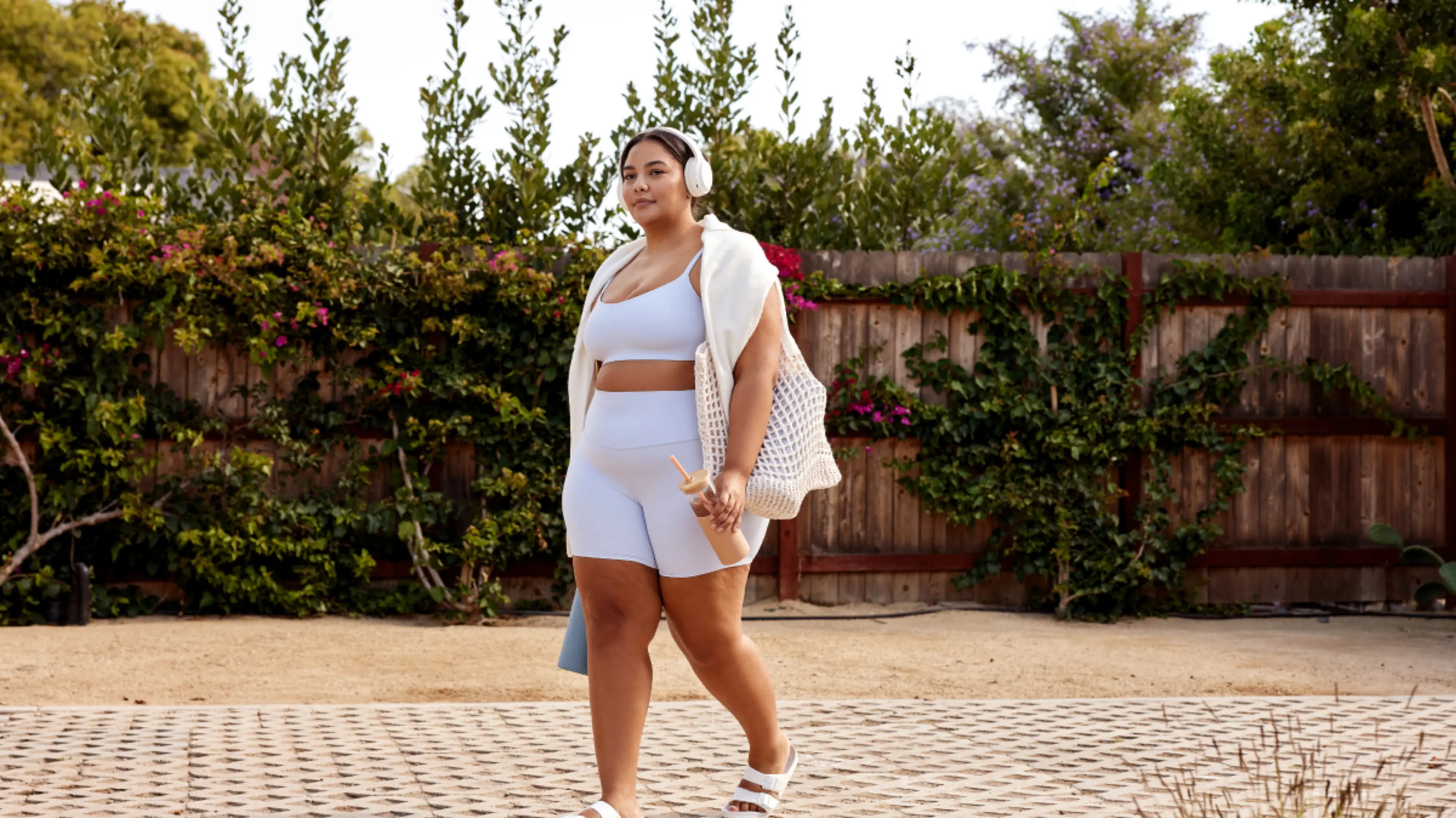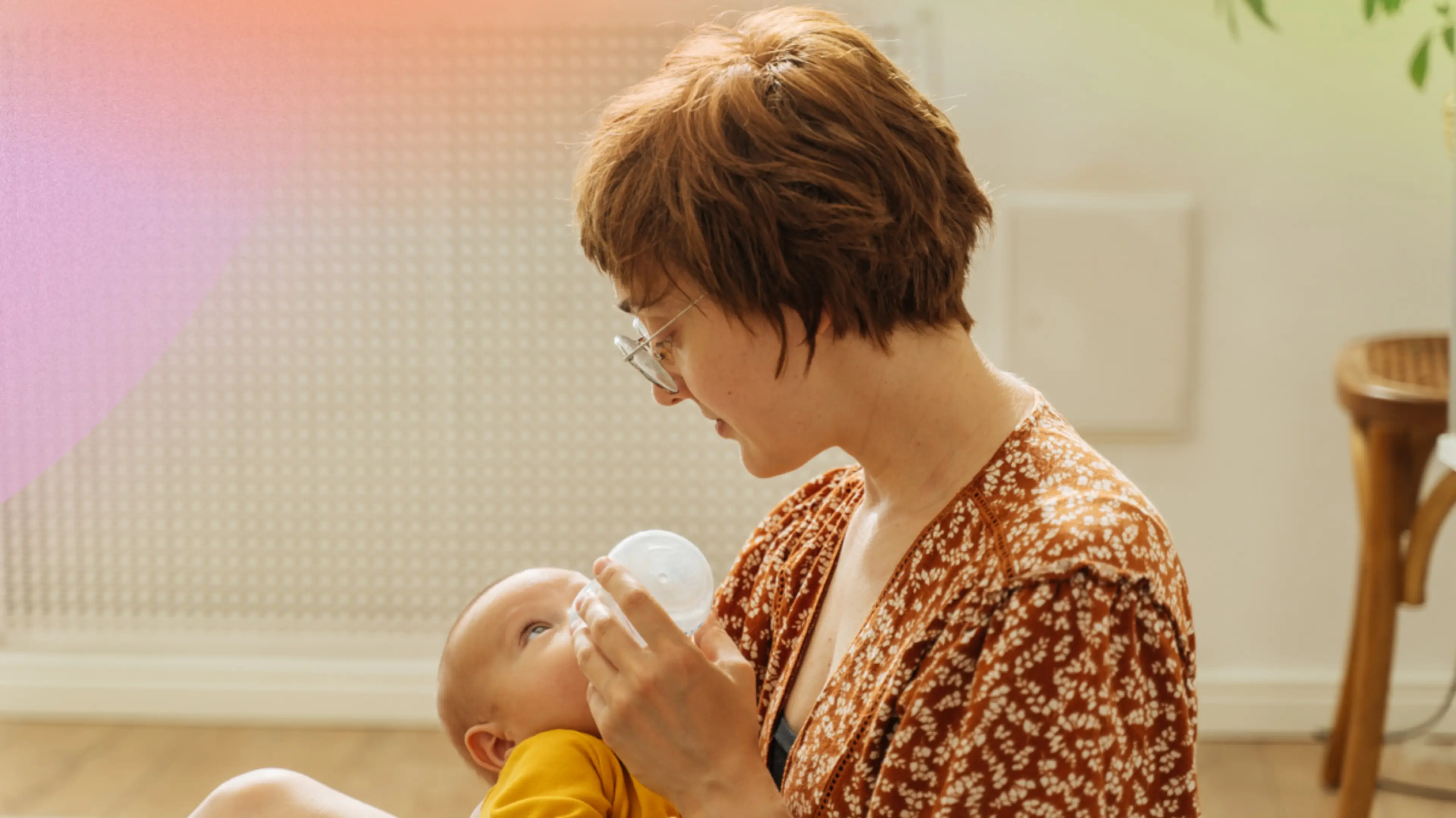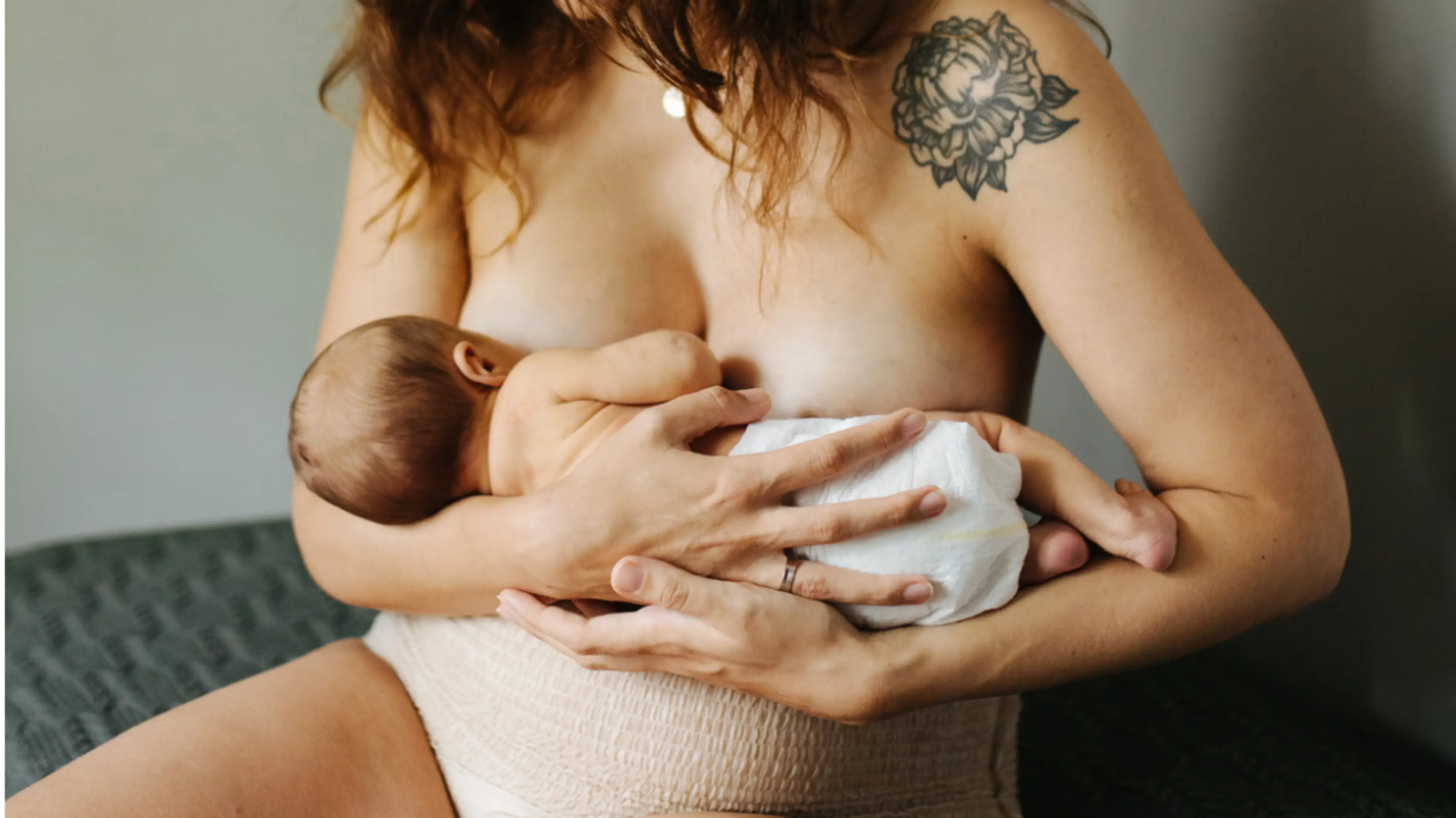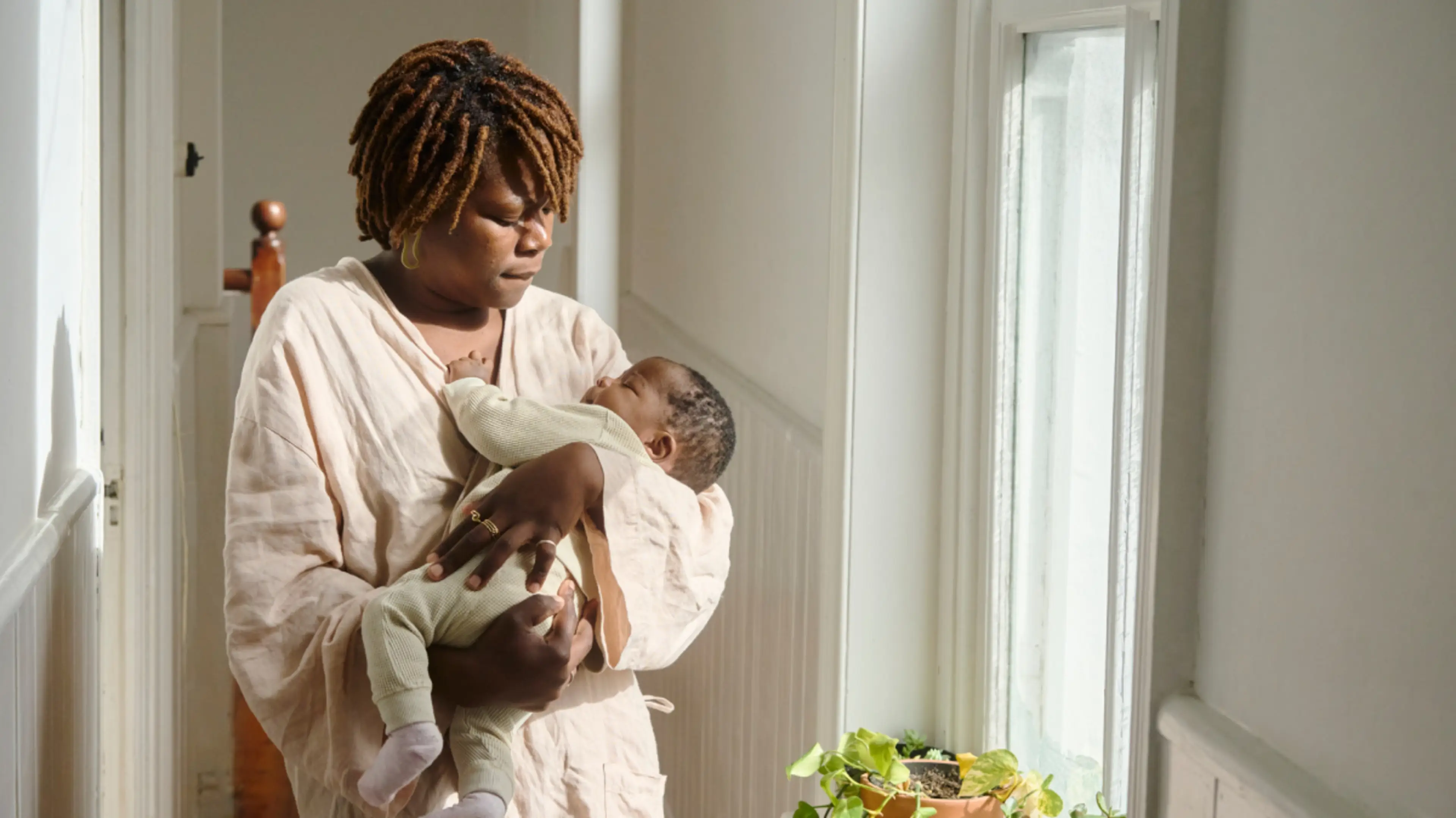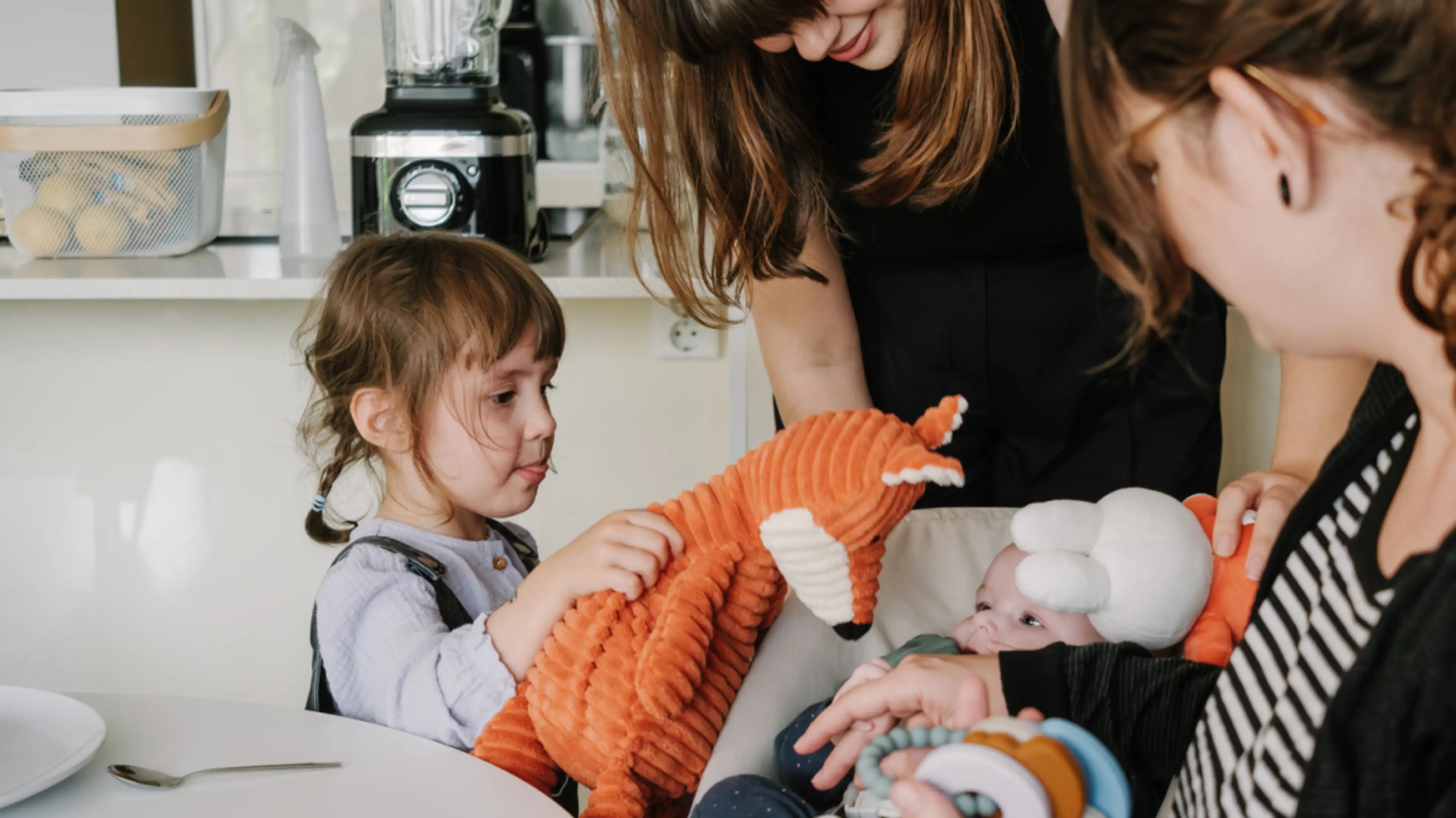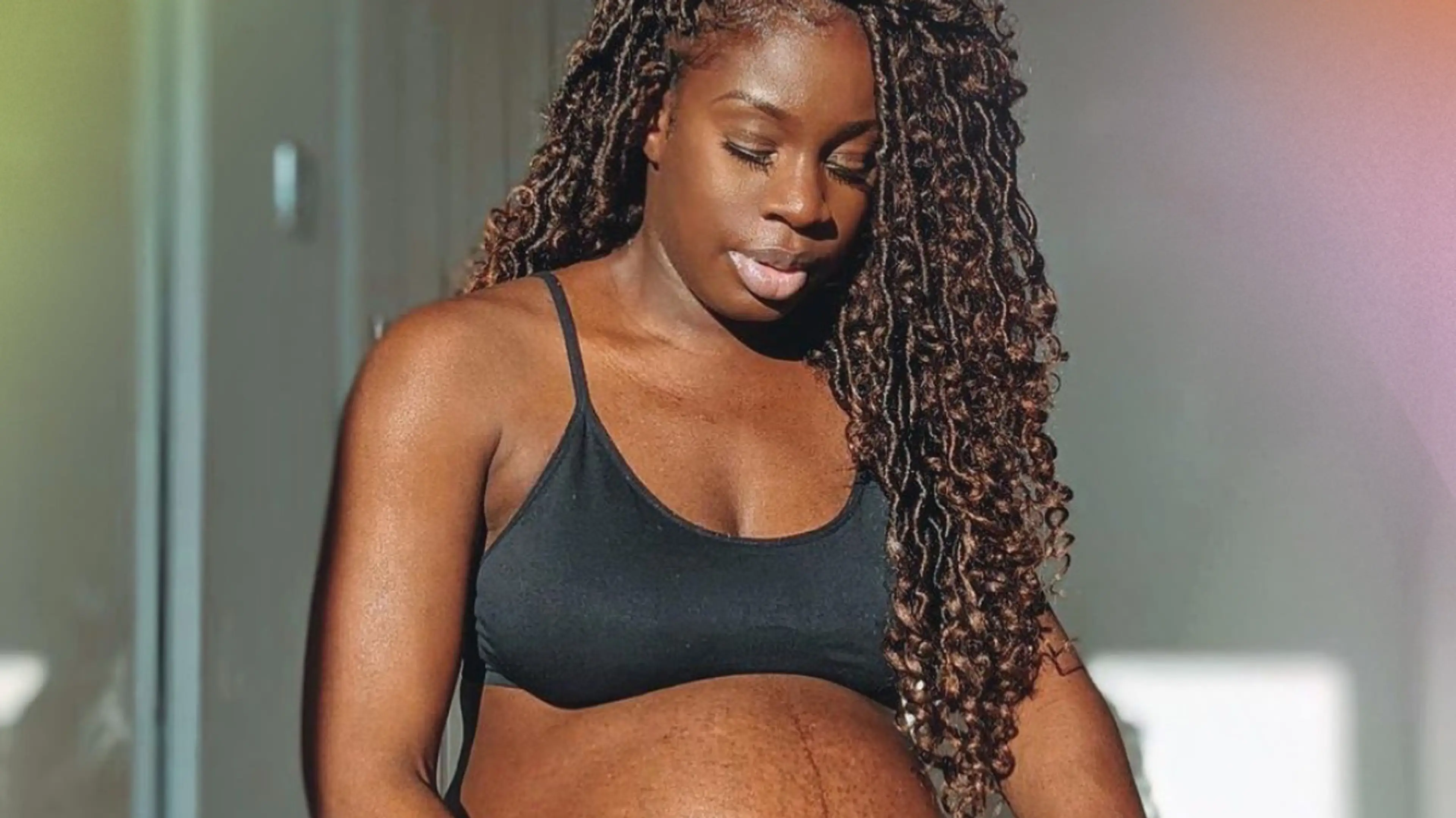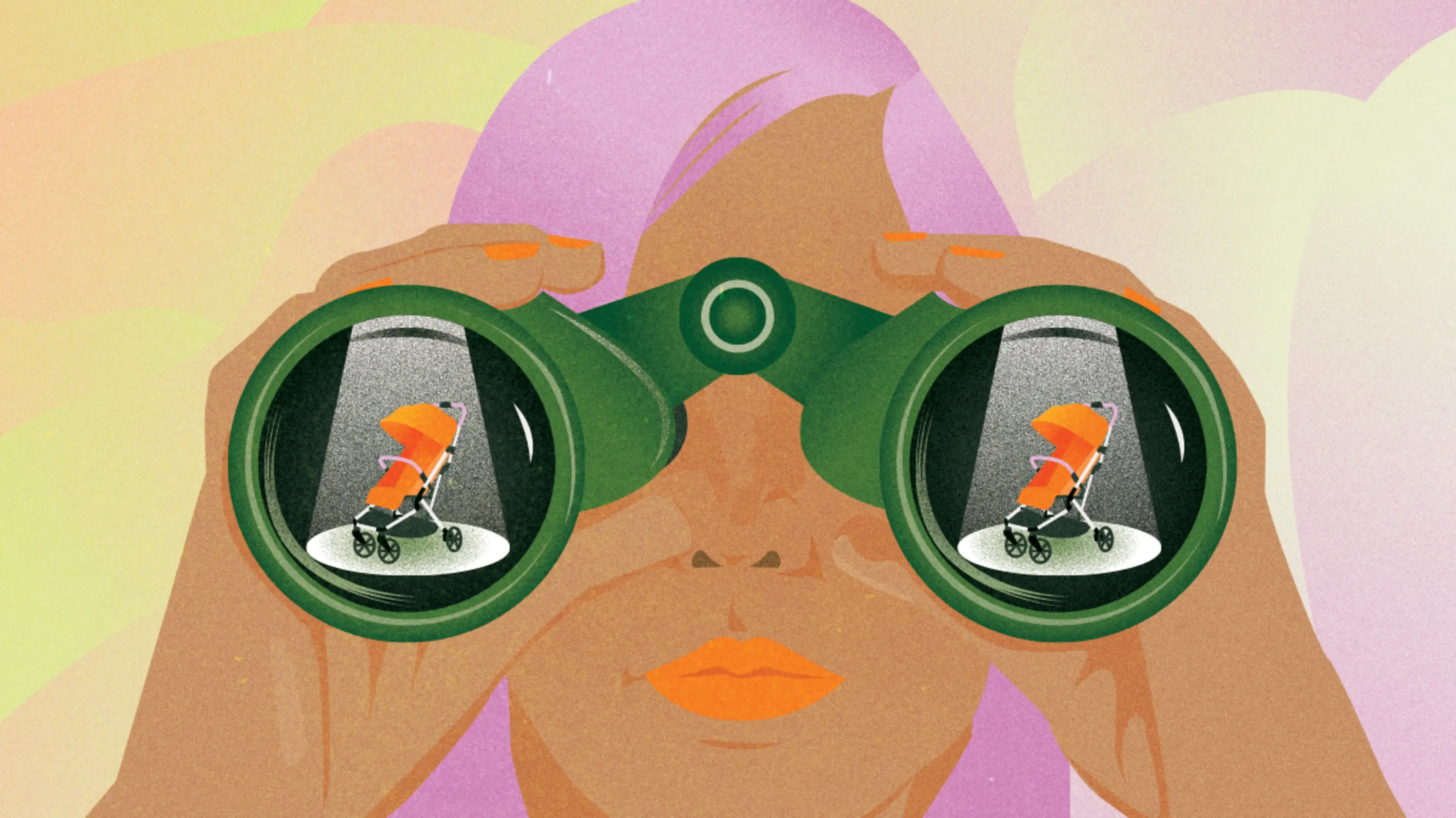At Expectful, we’ve created a Safe Space for new moms and moms-to-be to share the good and the bad, the real and the raw. Because, let’s be honest, this shit is hard, beautiful, and terrifying—but it gets a little easier when we can share our truths and find support from others who’ve been through it, too. Every two weeks we’ll be asking a new question and publishing a selection of our community’s responses. To make sure you don’t miss it, sign up for Expectful’s newsletter.
For nine months while you’re pregnant, your eye is firmly fixed on one moment: your baby’s birth. And then that day comes, you deliver the tiny human you’ve been anxiously waiting to meet—and suddenly you may find yourself in a strange new world. You’re sent home with a days-old baby as if you’re supposed to know what you’re doing. Your hormones are all over the place as your body tries to recover from the rollercoaster of pregnancy and find a new balance. And you don’t feel like your old self again but you also don’t feel like a new self either.
The postpartum days can be filled with some of the purest love and joy you will ever feel—as well as some of the some of the deepest terrors and darkest moments. One in seven women1 will experience postpartum depression (PPD); yet we don’t talk about the mental health side of recovery nearly enough.
So this week, in honor of Maternal Mental Health Awareness Week, we asked Expectful readers: What was one thing you were afraid to admit to anyone else while you were postpartum? And what was the best thing you did for your mental health? Here is a selection of their answers. (And if these inspire you to share your own, you can still do that here.)
Natalie, 38:
I didn’t bond with my baby for quite a while. I was content to let everyone else care for him, while I made sure everything looked “perfect” in my home, with his outfits, and especially any photos. He was nearly a year old before I experienced the kind of “heart-bursting” love everyone said would happen at birth. Now I understand, I should’ve talked to my OB, but I was embarrassed and I ended up breaking down in my GP’s office. She was so wonderful and kind and immediately gave me a referral to a therapist and medication to help me work through my feelings. We had Zoom follow-up calls monthly for the next three months.
Anonymous, 31:
I was afraid to express how I was mentally and emotionally. I felt like my feelings would get dismissed and be told “that's just the way it is, deal with it.” I finally couldn't take it anymore and talked with my husband. He was relieved that I talked about how I was mentally and emotionally. He said that he was more concerned that I wasn't saying anything more than me actually saying things.
The best thing for my mental health was getting breaks from caring for my baby. Simply listening to music while going on an hour walk helped immensely. Those breaks helped me recharge.
Anonymous, 32:
I haven’t told anyone but I want to rehome my dog. I just don’t have the same love for him that I did before I had my baby. I find him a nuisance the majority of the time, and my day-to-day is much easier and more relaxed when he’s boarded or at daycare. It’s not fair to him but I can’t help but feel like he’d be better loved in another home.
Anonymous, 24:
I was afraid to tell people that I thought about hurting my son. It was easier to say I wanted to hurt myself, but my son? What kind of mom was I? Looking at my innocent, perfect newborn baby boy made me so angry I would shake uncontrollably and go into fits of rage while I sobbed on the floor. The best thing I did was tell my aunt, who also struggled with PPD, and she actually reached out to my psychiatrist on my behalf to leave a one way message. My psychiatrist did an evaluation and I scored the highest possible PPD score that her diagnostic tools could measure at 2-weeks postpartum. She helped stabilize me, got a plan of action together for my husband and I to help keep me and my son safe, and fast tracked me through to get the Zolresso infusion at 7-weeks postpartum.
I realize I'm extremely blessed that this was covered by insurance. That infusion changed the course of my life, and my son's. Within 3 days after treatment it was like I was a completely different person, and by my postpartum checkup at 8 weeks, I scored a 0 on all of those very same diagnostic questionnaires.
I realize now that I was a good mom having a hard time, not a bad mom at all. My 1-year-old is happy and healthy, and he knows his mama loves him, which is more important to me than anything.
Anonymous, 32:
I hated the newborn phase. Going back to work was so helpful. I needed to feel like the old me for a little.
Anonymous, 33:
Breastfeeding is hard! And it hurts! Pumping is hard! Even though I'm grateful my baby took formula well and I support however you decide to feed your baby, knowing that I couldn't provide all of the nutrition like I was naturally “supposed” to do was devastating.
Best thing I did for my mental health: text my besties at 2 a.m. feeds complaining or sending them the most beautiful pictures of my sleeping baby after a feed while I pumped to try to get a better supply. They sometimes responded, often didn't for hours, but it was me connecting and not being alone.
Kylie, 25:
The first year, I was so afraid to admit my disappointment & guilt in my motherhood experience. It was nothing I had hoped it would be, and I was struggling. The best thing I did was allow myself to speak truly about my struggles to supportive friends & my therapist. It gave those negative thoughts and experiences space to exist. That’s where I could process them, and I’ve gained tools now to address the many other things that life throws at me!
Jessie, 35
I had a hard time with how unhappy and lonely I felt. Which seemed the polar opposite of what I should feel since I was with my baby all the time. I didn’t want to seem ungrateful about being a new mom so I just put a smile on for everyone and suffered in silence.
With my first pregnancy I can only tell you all the things I did wrong since I was in denial about having postpartum depression. My friends had kids shortly after and then referred to that period of my life as “when you got weird.” We were young and eventually realized what it was and my support group blossomed.
I am now a second time mom to a 2-month-old baby and I am much more open about my highs and my lows with my husband, close friends, and my family. I now have a better understanding that I can’t do it all and I should ask for help.
I need a break every once in a while and it doesn’t mean I don’t love my baby. If I am not good then no one in my house will be good so I need to prioritize communicating my needs to those around me. I also set very clear boundaries with either things or people I do not want in my life. Protecting my energy at all costs. Most importantly, if I am feeling low I reach out to someone right away and just talk about it. It usually gets me out of my funk pretty quickly and I can feel accomplished instead of ashamed.
Anonymous, 31:
That I wasn’t ok. I put on a face for just about everyone but behind closed doors, just myself in the shower, I was not ok, so not ok.
Say that it’s ok to not be ok and ask for help. Someone to talk to about what I was feeling. That and knowing it’s ok to walk away and take a moment to breathe.
Anonymous, 32:
Breastfeeding is hard, and some days are hard to adjust to your new life. I am afraid to let anyone know that I just need time and I’m not always strong enough to be the strong one always. It’s also hard to admit that I miss work but at the same time want to be at home with my family. My work is my second home and it feels like I’m being judged since I want to go back to work, but can’t since I’m not cleared yet.
Anonymous, 38:
My breastfeeding challenges (too many to list) truly made me miserable and greatly exacerbated my postpartum depression. Although everyone told me that nursing would be an incredible bonding experience, I had the exact opposite experience: I wasn’t able to truly bond with my baby and enjoy being a mom until I stopped putting pressure on myself to breastfeed (but was too ashamed to admit this). The best thing I did for my mental health was finally ending my breastfeeding journey after an excruciating 4 months of triple feeding and an additional 2 months of pumping + formula feeding (and letting go of the tremendous guilt that came with transitioning to 100% formula). I so badly wanted to give my daughter breastmilk but ultimately decided that it was more important for her to have an emotionally stable and present mom.
Anonymous, 35:
How bad my constipation was and how hard it was to get care and manage my symptoms. Finally starting pelvic floor PT and getting outside for walks was integral to starting to feel like a real person again.
Lesley, 39:
I was afraid to admit how good I actually felt. The first month postpartum, I felt amazing—almost super human!
I felt guilty to admit this because you rarely hear other women speak like this. It always tends to be on the negative side so I didn’t want to make anyone feel less than. However, in retrospect, I think more women should share their positive experiences to normalize that the narrative isn’t always bad.
Megan, 33:
I’m not in love with my newborn—at least not at first. Everyone kept gushing over her and were so in love (including my husband), meanwhile I’m just trying to keep my daughter alive and survive those first few bleary-eyed weeks of postpartum. It took me awhile for me to think of myself as a “mama” and to look at my daughter and think “I love her.” Like any new relationship it took some time for that love to bloom and grow.
Best thing I ever did mental health wise was join a new moms group who were all on maternity leave and had babies of a similar age. Being with other women going through the same stages at the same time was such a gift, and made me feel like I wasn’t alone during the rollercoaster ride of emotions when taking care of an infant.
Alice, 41:
I hated pumping. I felt sad and depressed every time I pumped. I found out later that I had something called D-MER that isn't widely known about or studied. I was afraid if I talked about it people wouldn't believe me and would think I was just making an excuse not to pump. The best thing I did for my mental health was making time for hanging out with friends—even when I felt guilty about leaving my son at home. It made me a better mother and a better partner.
Anonymous, 39:
How terrible my relationship was with my husband. Best thing for my mental health is I got on Zoloft.
Sarah, 37:
I struggled with postpartum anxiety and along with it intrusive thoughts. I pictured my baby dying in my arms on a daily basis in varying horrible ways. After suffering for six weeks I asked my OB for medication and it made the intrusive thoughts go away and I was able to be mentally more present with my baby and not living in fear.
Jenn, 29:
My first son was a complete surprise. I'll never tell him he was "unwanted," but that was the truth. We were devastated and miserable all 9 months. My husband and I were so afraid of taking the leap into parenthood, and so afraid it would cost us our happy marriage of 6 years at the time, and then my labor was 28 hours long and breastfeeding hurt SO SO badly that for the first 2.5 weeks of my newborn's life I struggled to bond with him and I sometimes fantasized about abandoning my family. I just... didn't want to do any of it anymore. I felt trapped into parenthood, a total lack of agency, like this baby needed me in ways I didn't want to be needed. I actually left the house to go for a walk without telling anyone one night, and my husband was in tears when I came back because he thought I might not actually come back. I won't shame myself for those feelings now, they were part of the journey. I was so terribly ashamed of myself then, I felt like the worst mom. But my oldest is a toddler now and he is worth it.
He is SO so worth it. I don't want any sort of life without him (or his baby brother!). And you know what? My relationship with my oldest is loving, and fulfilling and fun and he has no idea!! Ha!!
What helped me the most was being honest about it with safe people, stopping all breastfeeding and pumping after 3 months (I felt terrible for this, but I was a much happier woman so I don't feel terrible about it anymore), saying "yes," to help when it was offered, and starting a contentment journal. I can't recommend it enough. I left it out on the kitchen counter. Each day, I made a bullet point list of little moments that I was content with as they came: black coffee, comfy pants, squishy baby hands, hubs going head to head with the poo diaper, etc. At the end of the day, I have a list of moments to treasure, reasons to say “thank you,” instead of “why me?”
Motherhood is not a demotion. If anything, it's a leveling up, and each day I still write in my contentment journal. We don't do this mom thing perfectly—not ever! But I'm determined to make those pathways of contentment in my mind and to deal out grace to myself, my husband, and especially our tiny people.
